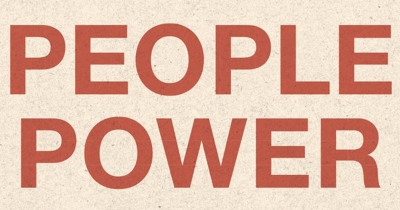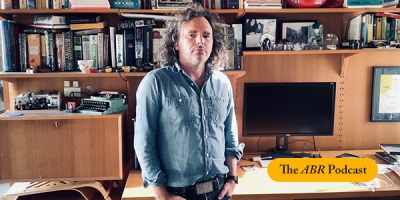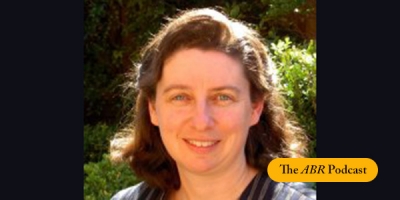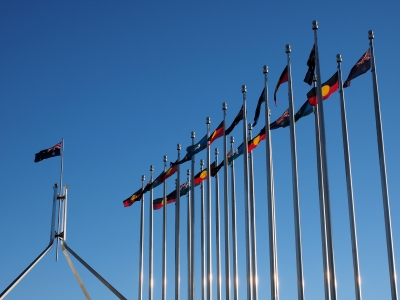Accessibility Tools
- Content scaling 100%
- Font size 100%
- Line height 100%
- Letter spacing 100%
Referendum
The ABR Podcast
Released every Thursday, the ABR podcast features our finest reviews, poetry, fiction, interviews, and commentary.
Subscribe via iTunes, Stitcher, Google, or Spotify, or search for ‘The ABR Podcast’ on your favourite podcast app.
The red thread: Xi Jinping’s ideology of power
by Neil Thomas
This week on The ABR Podcast, Neil Thomas reviews On Xi Jinping: How Xi’s Marxist Nationalism is shaping China and the world by Kevin Rudd. Thomas explains that even China watchers find it hard to be clear on the thoughts and plans of the leader of the Chinese Communist Party. They disagree, he tells us, on basic, critical questions, such as for how long Xi will rule. ‘Enter Kevin Rudd’, Thomas writes. ‘In his latest book, former prime minister Kevin Rudd adds a worthy new chapter to his life of public service, digesting thousands of pages of “Xi Jinping Thought” so that you do not have to’. Neil Thomas is a Fellow on Chinese Politics at Asia Society Policy Institute’s Center for China Analysis in Washington DC. Here is Neil Thomas with 'The red thread: Xi Jinping's ideology of power' by Neil Thomas, published in the December issue of ABR.
Recent episodes:
People Power: How Australian referendums are lost and won by George Williams and David Hume
In this week’s ABR Podcast, Joel Deane argues that one person more than any other is the reason why more than sixty per cent of voters said No in the Voice referendum. Former prime ministers, he says, haunt Australian politics like Hamlet’s Ghost. Joel Deane is a poet, novelist and speechwriter. Listen to Joel Deane’s ‘A maddening country: The long political shadow of John Howard’, published in the December issue of ABR.
... (read more)This week’s ABR Podcast is a reflection on the future of referendums in the aftermath of the Voice. Constitutional scholar Anne Twomey argues that referendums in Australia are now an endangered species and reminds us of the original intent behind them. Anne Twomey is a Professor Emerita of the University of Sydney and was a member of the Constitutional Expert Group advising on the Voice referendum. Listen to Anne Twomey’s ‘Voiceless in Australia: Will we ever have another referendum?’, published in the December issue of ABR.
... (read more)On 27 May 1967, a proposal to change two clauses of the Australian Constitution won the approval of 90.77 per cent of those who voted, the highest ever achieved in an Australian referendum. In the forthcoming referendum, according to various opinion polls, the best the advocates for a ‘yes’ vote can hope to achieve is a bare majority. How can this difference be explained? Several factors appear to be at work. They range from the simple, which are acknowledged, to the complex, which don’t seem to be known.
... (read more)




